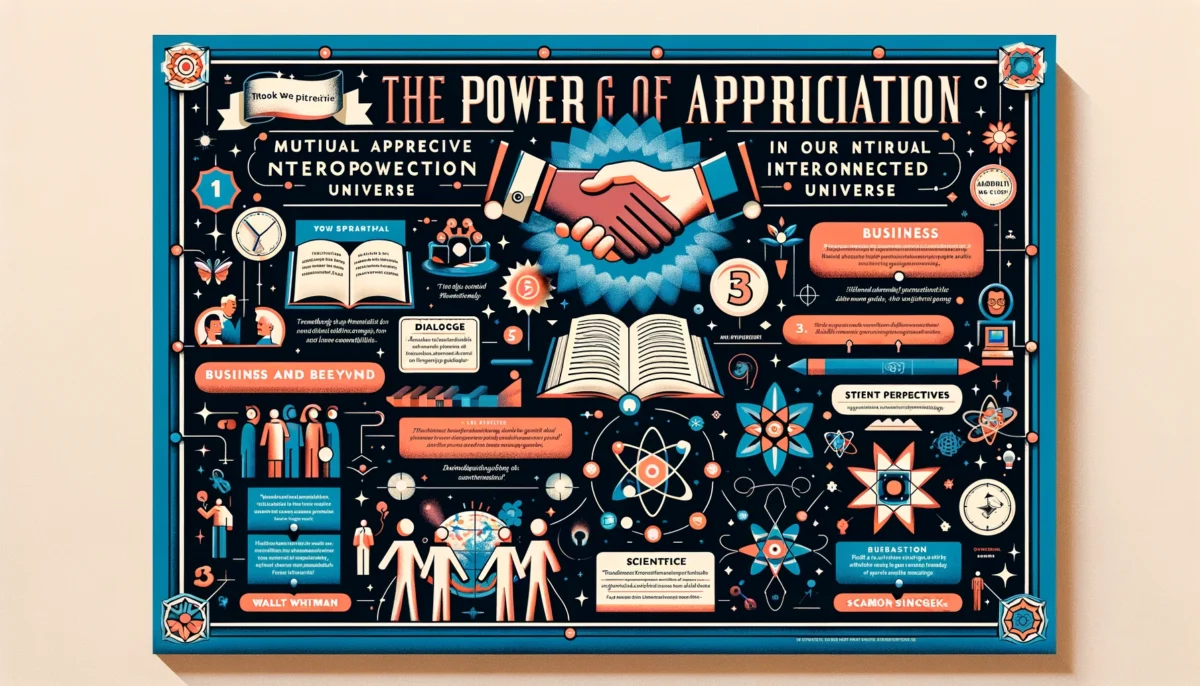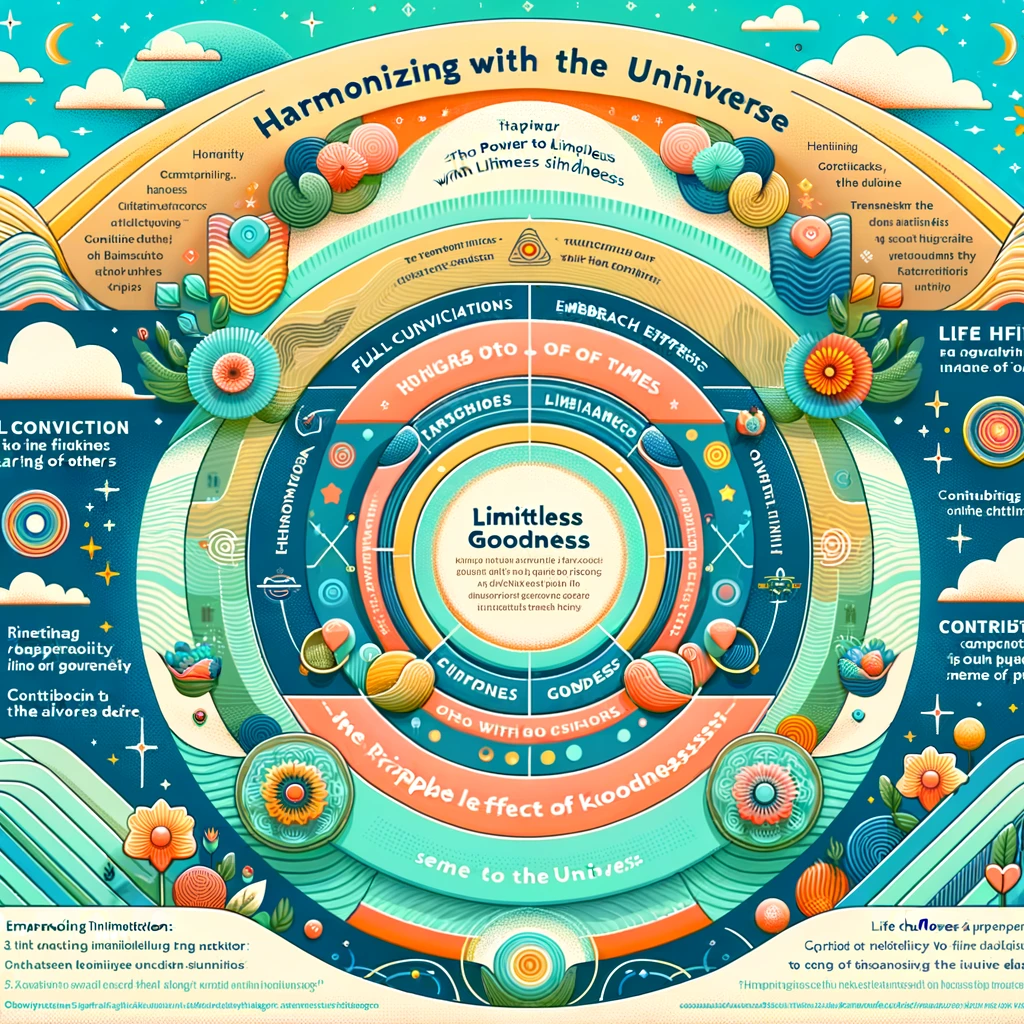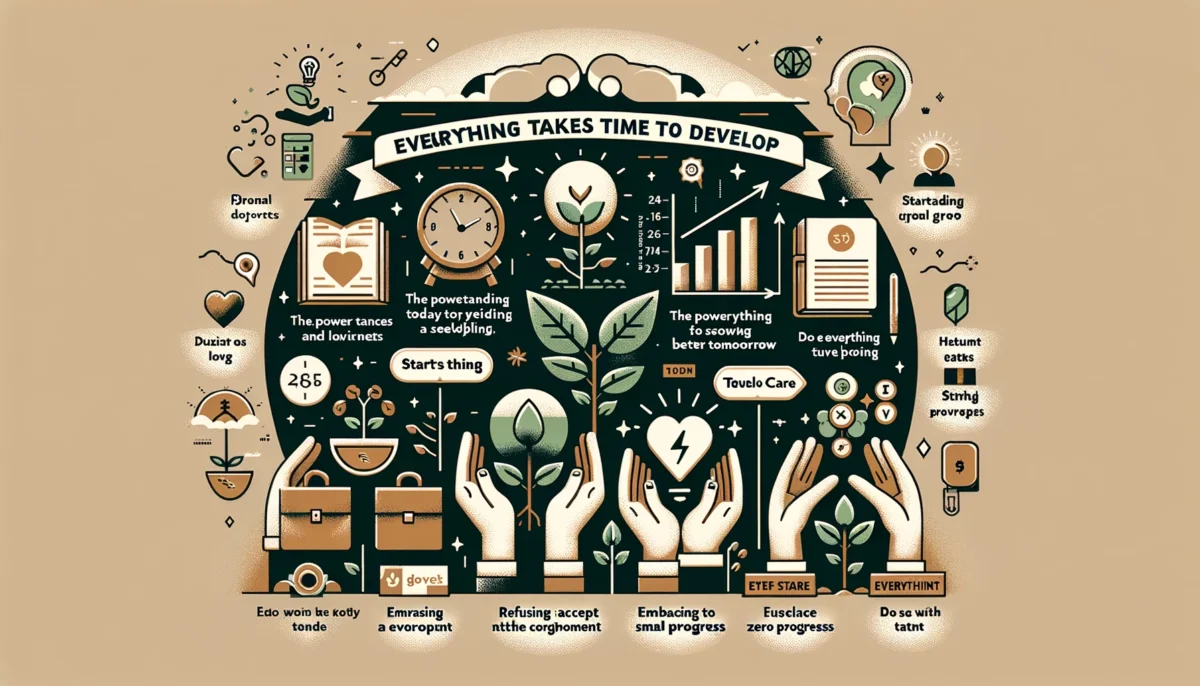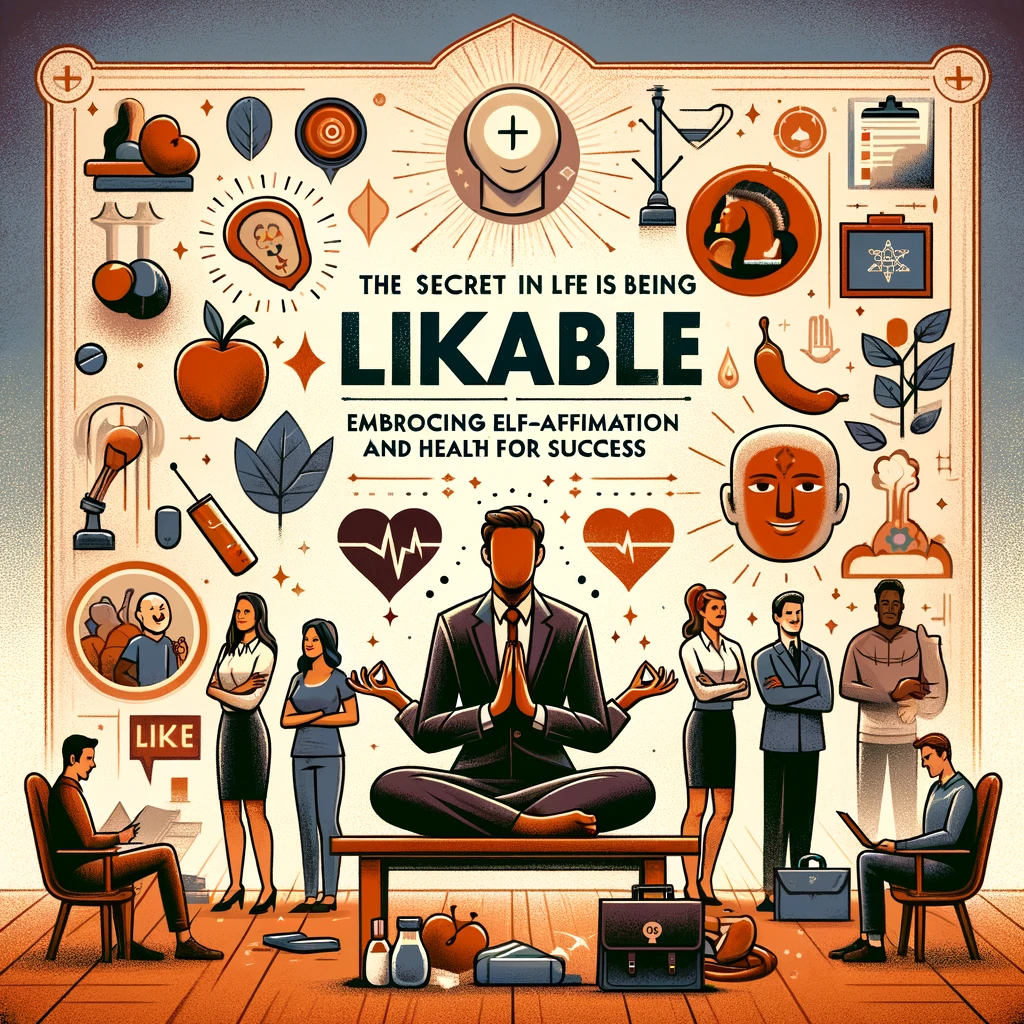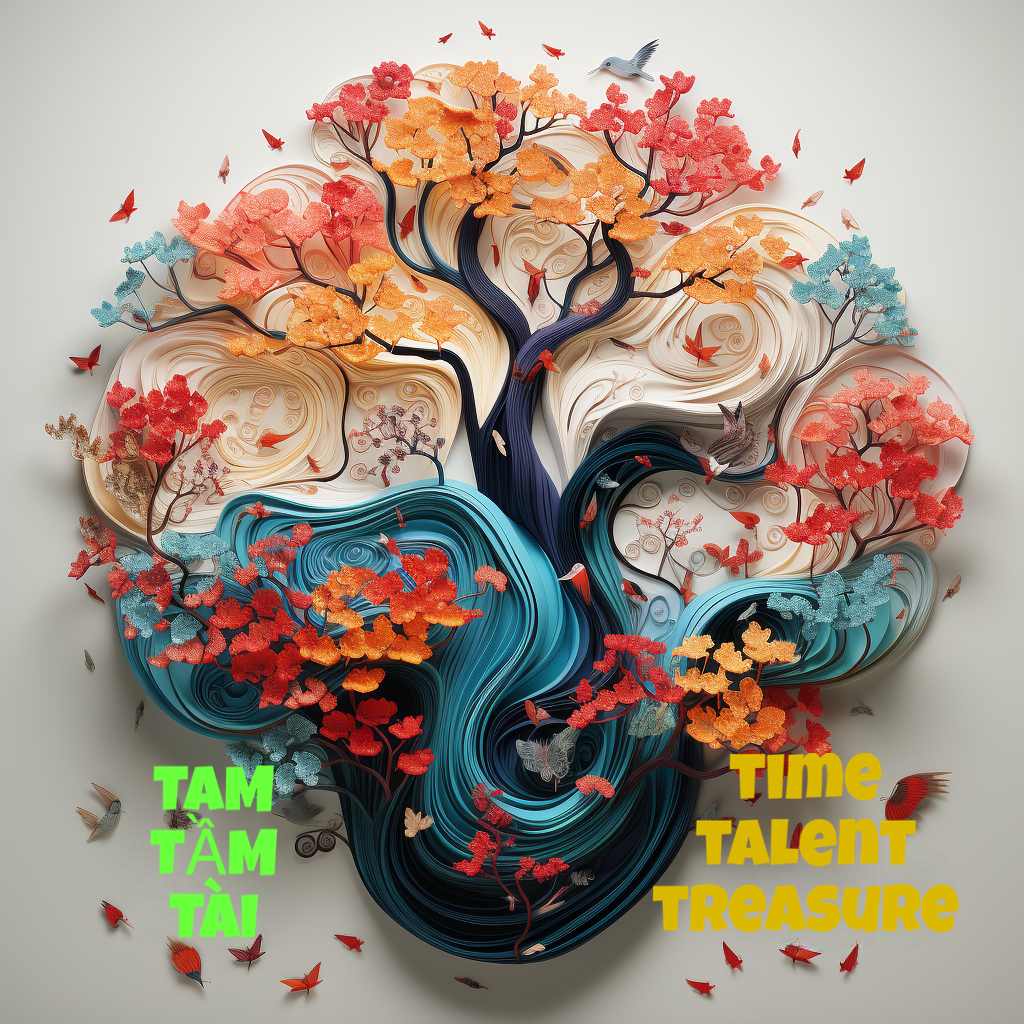In a world that often feels fragmented and isolated, it is essential to remember a profound truth: “We exist for each other and because of each other, as we are together all little bitty parts of this great universe who has each part to play to progress this universe. So all conversation, all engagement and business deal and beyond between each other shall begin with appreciation of each other first, recognize each other’s importance then all things will harmonize accordingly to God the universe.” This statement encapsulates a vital principle – the necessity of recognizing and appreciating our interconnectedness.
The Power of Appreciation
Appreciation is not merely a social nicety but a fundamental aspect of our existence. Renowned philosopher Martin Buber, in his seminal work “I and Thou,” argued that relationships are at the heart of human experience. He posited that through genuine dialogue and recognition of the other, we form meaningful connections that transcend mere transactions. Buber’s philosophy underscores the idea that acknowledging and valuing each other’s existence is the bedrock of all human interaction.
Interconnectedness in Literature
This theme of interconnectedness and mutual appreciation has been a recurrent motif in literature. The American poet Walt Whitman, in “Leaves of Grass,” celebrated the diversity and unity of humanity. He wrote, “For every atom belonging to me as good belongs to you.” Whitman’s words echo the sentiment that our individual roles and contributions are essential parts of a greater whole.
Business and Beyond: A New Paradigm
In the realm of business and personal relationships, this principle of mutual appreciation has profound implications. Modern thought leaders like Simon Sinek have emphasized the importance of ‘starting with why’ – understanding and valuing each other’s motivations and purposes. This approach fosters a culture of respect and collaboration, transforming interactions from transactional to transformative.
Scientific Perspectives
Even science, in its exploration of the universe, speaks to our interconnectedness. Astrophysicist Carl Sagan famously said, “We are made of star-stuff.” This idea that we share a common origin with the cosmos itself is a powerful reminder of our collective role in the universe’s narrative.
Conclusion: Embracing Our Role in the Universe
The acknowledgment of our interconnected roles in the universe’s progression calls for a fundamental shift in how we engage with one another. Whether in casual conversations, business dealings, or deeper relationships, beginning with an appreciation of each other’s intrinsic value is not just a moral imperative but a practical strategy for harmony and progress.
By embracing this ethos, we align ourselves with a universal principle – that in recognizing and valuing each other, we find our true place in the tapestry of existence, weaving together a story of collective progress and unity.

